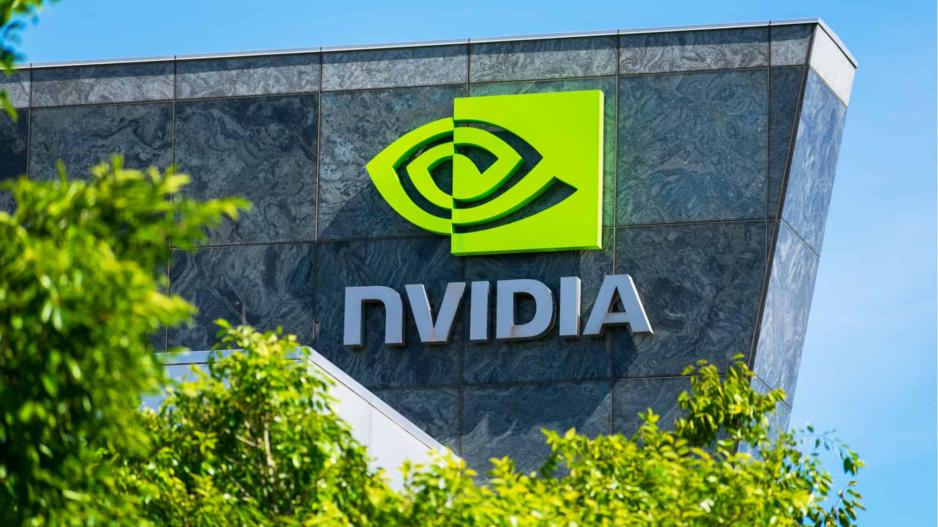United States Widens Controls Over AI Chip Exports by Nvidia and AMD
Security Concerns Are Raised
The American administration has broadened its export control measures on sophisticated AI semiconductor technology from industry giants Nvidia and AMD. Originally focused on China, the scope now includes multiple other areas, notably select Middle Eastern nations.
Both tech firms suggest that these new limitations won't be a financial burden in the short term. Nvidia, in an official document, affirmed that the restrictions on its A100 and H100 chips—integral to machine learning operations—won't lead to an immediate downturn in profits. Similarly, AMD has received updated guidelines that won't considerably sway their financial standing, according to insiders.
The extension of export restrictions stems from concerns about national security. Initially targeted at diminishing China's tech advantage, it remains uncertain what particular threats emanate from shipping these AI chips to countries in the Middle East.
Nvidia stated it will work in concert with American authorities to understand and manage the new directives. The U.S. Department of Commerce, the agency responsible for overseeing such export controls, has yet to issue a public comment.

In a parallel development, last year, AMD faced export restrictions related to its MI250 AI chips going to China. In response to the changing landscape, leading chip manufacturers including Nvidia, AMD, and Intel have been pivoting to create less advanced AI chips that could still be traded with China.
Nvidia's fiscal performance for the quarter that ended on July 30 showed that the bulk of its $13.5 billion revenue originated from the U.S., China, and Taiwan. Sales in other international markets constituted approximately 13.9% of their revenue, although details about earnings from the Middle East were not disclosed.
Nvidia's recent filing on August 28 indicated that the U.S. government had alerted the company to new export conditions for a range of A100 and H100 products meant for specific clients and locations, including some Middle Eastern countries.
The unfolding of these export restrictions also adds another layer to the already complex geopolitical tensions. One key factor is the ongoing instability surrounding Taiwan, a major hub for semiconductor manufacturing that serves Nvidia and virtually all other leading chip manufacturers.
In the autumn of 2022, the Biden administration upped the ante by rolling out an exhaustive list of new export guidelines. Among these rules was a key stipulation aimed at curbing China's acquisition of select advanced semiconductor chips, especially those manufactured using U.S. technology, no matter where they are produced. This tactic widened America's operational reach in its bid to curb the acceleration of China's tech and military capabilities.






